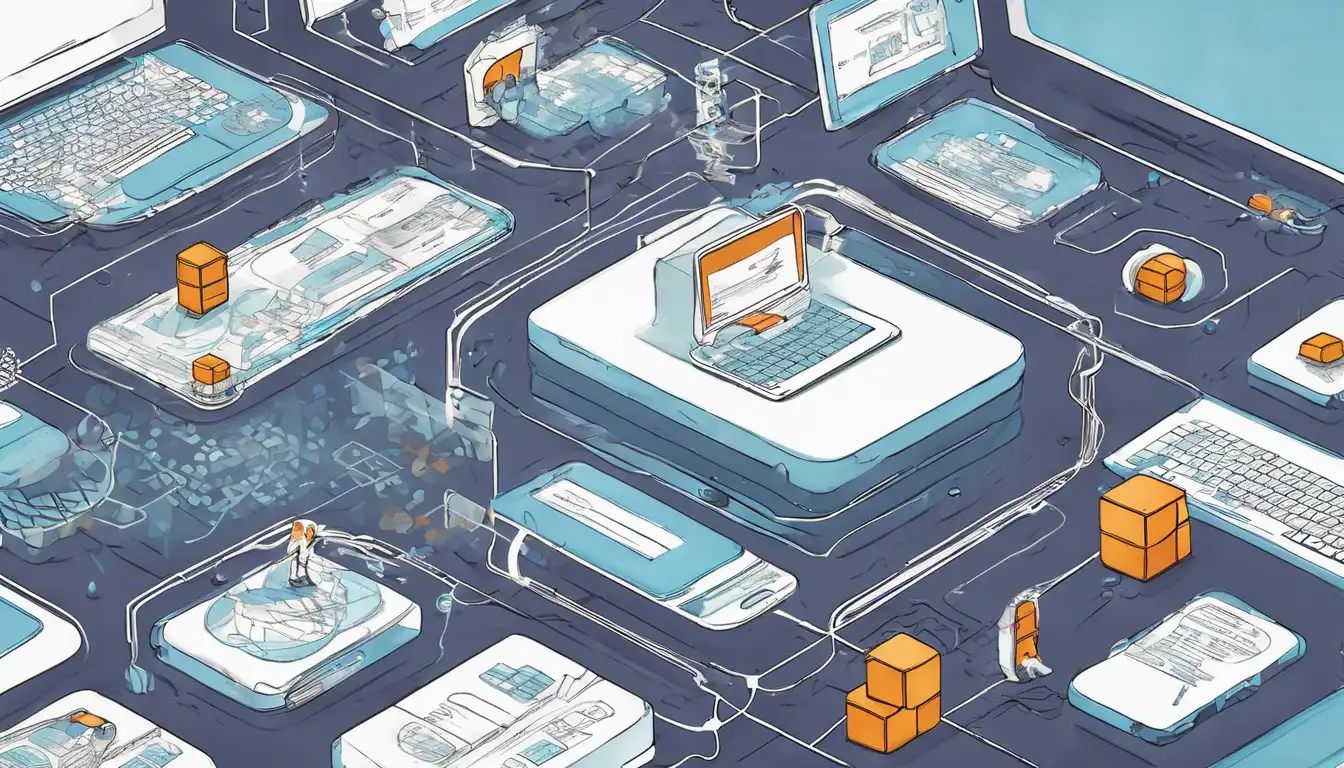What is Blockchain?
Blockchain technology is a decentralized digital ledger that records transactions across many computers in such a way that the registered transactions cannot be altered retroactively. This technology is the backbone behind cryptocurrencies like Bitcoin and Ethereum, but its potential applications extend far beyond digital currencies.
How Does Blockchain Work?
At its core, blockchain is a chain of blocks, where each block contains a list of transactions. These blocks are linked together using cryptography, ensuring the integrity and security of the data. Once a block is added to the chain, it is extremely difficult to alter, making blockchain a secure and trustworthy system.
Benefits of Blockchain Technology
- Decentralization: Unlike traditional banking systems, blockchain operates on a peer-to-peer network, reducing the need for intermediaries.
- Transparency: All transactions are visible to anyone within the network, enhancing trust among users.
- Security: The cryptographic nature of blockchain makes it highly secure against fraud and hacking.
- Efficiency: Blockchain can streamline and automate processes, reducing costs and increasing speed.
Blockchain Beyond Cryptocurrency
While blockchain is synonymous with cryptocurrency, its applications are vast. Industries such as healthcare, finance, and supply chain management are exploring blockchain for its potential to revolutionize traditional processes. For instance, blockchain can provide a secure and unalterable record of patient data in healthcare or ensure the authenticity of products in supply chains.
Getting Started with Blockchain
For beginners interested in blockchain, starting with understanding the basics of cryptocurrencies is a good step. Resources like Cryptocurrency Basics can provide a solid foundation. Additionally, experimenting with small amounts of cryptocurrency can offer hands-on experience with blockchain technology.
Challenges and Considerations
Despite its advantages, blockchain faces challenges such as scalability issues, regulatory uncertainty, and environmental concerns related to energy consumption. It's important for beginners to research and understand these aspects as they delve deeper into blockchain.
Conclusion
Blockchain technology offers a promising future with its ability to provide secure, transparent, and efficient solutions across various sectors. For beginners, taking the time to learn about blockchain and its applications can open up new opportunities in the digital world. Whether you're interested in investing in cryptocurrencies or exploring blockchain for business solutions, the journey starts with understanding the basics.
